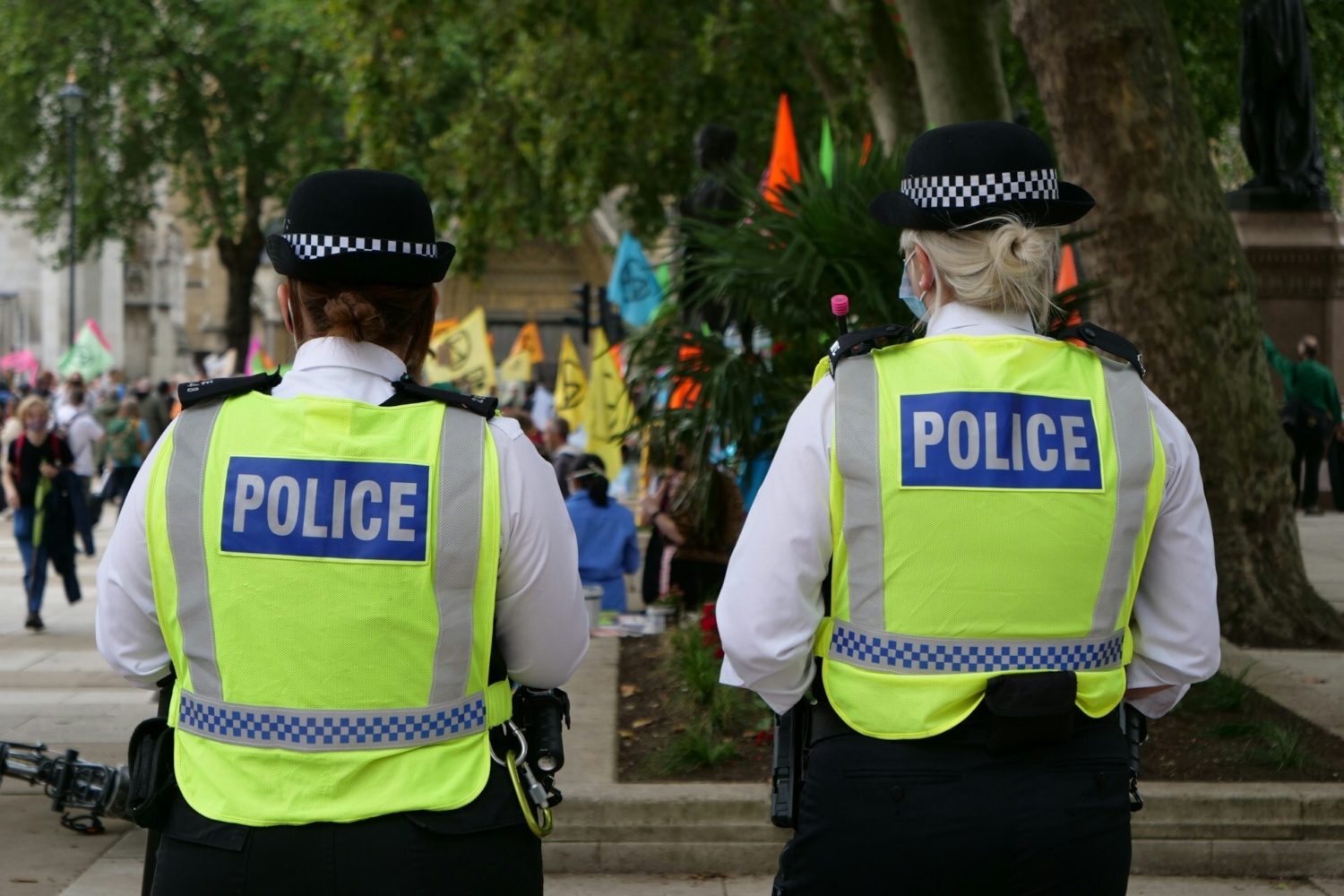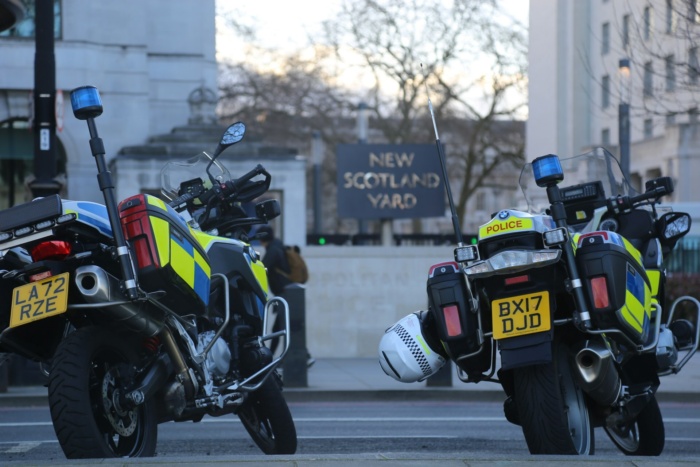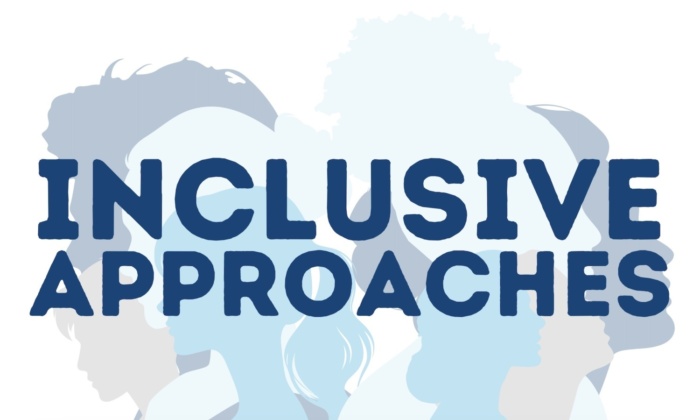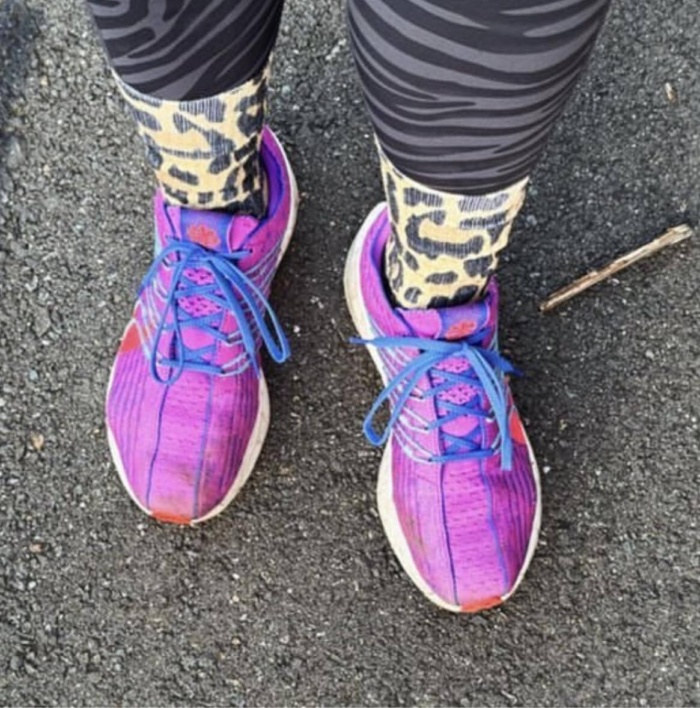
Habits are behaviours that we do subconsciously, they are developed through repetition so become hard to break. It has almost been a year since I left the police and joined Behaviour Change. However, there are behaviours and habits that I often catch myself still doing. These lingering routines highlight how important it is to understand people’s habits when trying to shift behaviour.
Time is a big deal in the police. Getting to work would often take me an hour and a half, meaning for a 7am shift, I would leave the house at 5am. Excessive, I know. But, if you weren’t ten minutes early, you were considered late. The stress and worry that this would cause me each morning means I still plan a journey like it’s a mathematical equation, leaving an excessive amount of time for things to go wrong. Lateness was taken very seriously, to the extent that once, my colleagues were locked out of the room for each of the minutes that they were late. And, if you weren’t met with a firm telling off, it was strongly suggested that you owed the team sausage rolls.
It wasn’t long before I started to pick up police dialogue and mannerisms. If a call came in that required blue lights, the front passenger was supposed to direct the driver where to go. The instructions needed to be clear and concise due to the dangers of driving at such a fast speed. My boyfriend constantly pokes fun at me for still giving directions in doubles, such as “left, left” or “right right”. These aren’t the only police mannerisms I have unconsciously kept. I sometimes find myself confirming things by saying “that’s all received”, people watching a bit too hard, or only working from the 24 hour clock (and finding it irritating when others don’t).
During training, we would be taken in groups in a police van for monitoring and attending calls. Sometimes, our sergeants liked to test our knowledge of the area by picking on us randomly to name the road we were on. This was an important task, teaching us to always be aware of our exact location, in case we needed to call for back up. This was much harder than it sounds. We weren't allowed to check maps, so if you’d missed the road name, you were in trouble. Despite no one testing me, I still sometimes check roadnames. If you are ever bored of eye spy, I’d recommend giving this car game a go.

Photo by Kelsey Farish on Unsplash
Even though it has been a while since I left the police, I still do these things. While these aren't “bad” habits, they highlight the importance of considering an individual's patterns and routine when trying to change behaviour. At Behaviour Change, we recognise that interrupting people’s habits is extremely difficult. So, how do we disturb the subconscious brain?
Combining behavioural tools with policies and laws are some of the ways that habits can be combatted. For example, when the plastic bag tax was introduced, the number of bags sold by large retailers was reduced by 95%. People may assume introducing the charge caused this change, however it is likely that it was actually due to the change in choice architecture. Removing the plastic bags from the tills meant that now people had to ask for them which created enough friction to decrease the amount bought. However, for the first time in ten years, sales have risen, with 51% of plastic bags sold in the last year coming from Ocado, whose online model provides bags by default. WRAP suggests much of this increase is due to the growth in online shopping where the usual barriers of taking a bag don’t exist. Therefore, before designing interventions we must understand the everyday context and habits that shape people’s decisions.
Since leaving the police, I have tackled a bad habit by applying the behavioural principle, ease. During my time as a police officer, I developed bad eating habits as a result of tiredness and long working days. Due to late shifts, I often had to eat whatever/wherever was still open. Feeling exhausted or pressed for time meant I rarely had the energy to prepare meals in advance. I really wanted to break this habit. Moving into a role with regular hours gave me the space to make a change, and I began implementing behavioural tools such as making a plan for myself. Each Sunday I now set aside time to meal prep and create a shopping list for the week. This small act of planning makes eating well feel easier and more enjoyable, turning organisation into something I genuinely look forward to. By acting during a moment of change in my life and combining this with practical tools, I’ve not only managed to break an old habit but also sustain a new, healthier one.
Cover photo by Ethan Wilkinson on Unsplash
Share
RELATED ARTICLES
Behavioural science

Exploring Behavioural Justice
Honica explores the concept of behavioural justice in the next blog in our Inclusive Approaches series.
26/02/25
Read moreBehavioural science

These jeans were made for wearing
Tasha reflects on the behavioural biases she experienced on the journey to getting her jeans fixed
24/01/25
Read moreOpinion

Nudging a running injury away
Polly tries out some behaviour change tactics to help her recover from a running injury
25/07/24
Read more